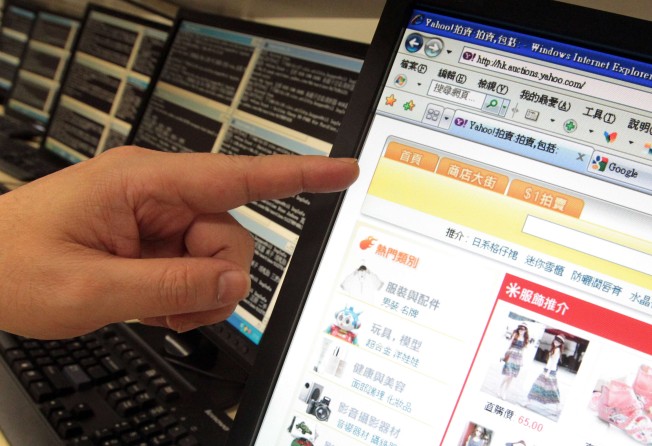China’s trade ministry says US ‘notorious markets’ list is unfair

China’s commerce ministry has hit back at the US Trade Representative’s office (USTR) for putting Chinese companies alleged of dealing in counterfeit products on its “notorious markets” list, calling the move “unobjective” and “irresponsible.”
By adopting ambiguous wording in this year’s Review of Notorious Markets report, and by adding disclaimers, the report lacks fairness and objectivity, the Chinese Ministry of Commerce spokesman Shen Danyang said on Thursday in Beijing, according to a transcript on the ministry’s website.
“In the Notorious Report, the US used terms like ‘it is claimed that’ and ‘it has been reported that’ in the description of activities by Chinese companies,” he said. “The US also claimed the report was not equal to an investigation result or governmental analysis on countries’ intellectual property protection situation. This is irresponsible and unobjective.”
The Chinese trade ministry had confronted the USTR over its report, as the US office had doubled its period for soliciting public comments, Shen said.
“We hope the US can further raise the transparency of its processes, and adopt a fair, bona fide approach when assessing Chinese companies’ results and efforts on intellectual property protection,” Shen said.
Shen’s comment was in response to the announcement a week ago by US Trade Representative Michael Froman of the findings of the 2016 Special 301 Out-of-Cycle Review of Notorious Markets, which identified Taobao, BeeVideo, GongChang and Nanjing Imperiosus Technology as among the offenders.
Taobao is a consumer-to-consumer electronics commerce platform operated by Alibaba Group Holdings, the owner of the South China Morning Post.
Alibaba’s president Michael Evans said at the time the company was “very disappointed by the USTR’s decision, which ignores the real work Alibaba has done against counterfeiters”.
“We remain fully committed to protecting the intellectual property of rights holders, both through significant proactive measures and working with brand owners, to combat counterfeiting online and offline,” Evans said.
Alibaba, operator of the world’s largest online shopping platforms, said it was using big-data analytics to help Chinese law enforcement crack down on counterfeit products on its Taobao Marketplace site,
Powered by big data, Alibaba’s bot programme could scan product listings and analyse online transactions on its Taobao, Tmall and Juhuasuan platforms to identify counterfeit products.
“More than 800 counterfeiters were sent to jail in the past year due to these efforts and the big data analysis of Alibaba’s anti-counterfeit campaign,” Alibaba chief executive Daniel Zhang said in a memo to company staff, after the release of the USTR report.